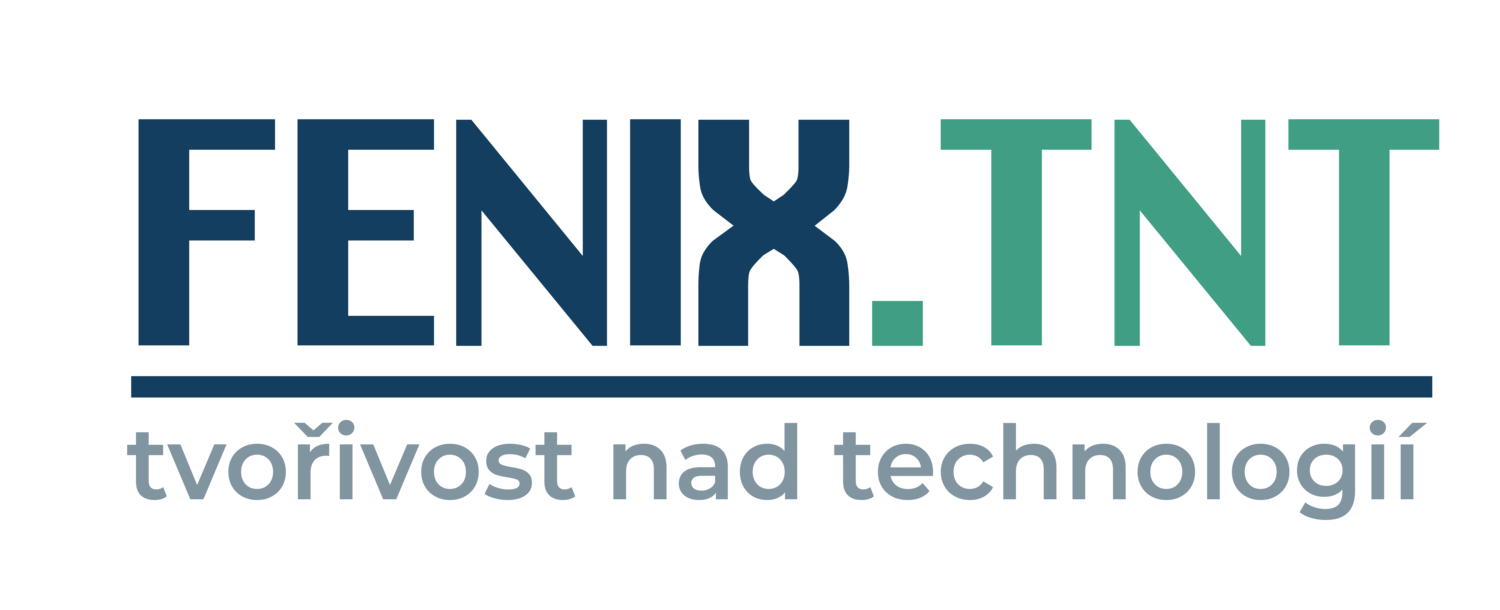REUSE AND RECYCLING OF CDW MATERIALS
FUNDING PROGRAMME AND AREA
H2020-EEB-2016
Energy-Efficient Buildings
DURATION
Starting date – September 01, 2016
Ending date – February 29, 2020
OUR ROLE
Training, dissemination and exploitation leader
COORDINATOR
CETMA, Italy
Objectives
The main purpose of the project was to develop an RE4 prefabricated energy-efficient building concept that can be easily assembled and disassembled for future reuse, containing up to 65% in weight of recycled materials from CDW (ranging from 50% for the medium replacement of the mineral fraction, up to 65%). The reusable structures will range from 15-20% for existing buildings to 80-90% for the RE4 prefabricated building concept.
RE4 Project introduction
Results of the project
RE4 has started in September 2016 with the ambition of contributing to the achievement of the key challenges identified by the Europe 2020 strategy, which requires EU Member States to re-use, recycle and recover a minimum of 70% by weight of non-hazardous CDW.
In February 2020 the RE4 project was ready to provide innovative technologies and reliable strategies for the design and manufacturing of structural and non-structural prefabricated elements with a high degree (up to 85%) of recycled materials and reused structures from partial or total demolition of buildings.
Starting with the development of an advanced robotic sorting system to improve the quality of sorted materials with main focus on those with high economic value such as sand, new quality classes for CDW-derived aggregates were identified together with optimal recycling strategies for each of each mineral and lightweight CDW fractions, with potential applications.
This led to the verification of CDW recycling potential with the development, testing and up-scaling (from the laboratory to the prefabrication scale) of:
5 new concrete-based materials with different properties and with an average virgin material replacement in the final product in the range of 50-85%
4 new components – blocks, tiles, timber components, insulating panels – and 4 new prefabricated elements – concrete and timber façade panels, load-bearing concrete elements, internal partition walls with an average virgin material replacement in the final product in the range of 50-85%.
In terms of reuse potential, the RE4 has developed innovative design concepts for a fully prefabricated, easy dismountable RE4 building, with up to 90% of reusable structures.
All solutions developed in the project have been integrated, validated, and showcased in real scale demo buildings across Europe and beyond. 2 two-storey new constructions demo-buildings (at ACCIONA demo-park in Spain and CREAGH premises in UK), representatives of building archetypes across Europe (i.e. type of building, climate, energy mix, design, etc.). The demonstration of the strategy for disassembly and reuse of materials and structures from dismantled buildings has taken place in ACCIONA demo building. The RE4 solutions for refurbishment have been applied to suitable existing buildings (Italy and Taiwan). Seismic performances of RE4 solutions have been also verified through shaking table testing.















